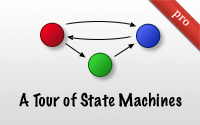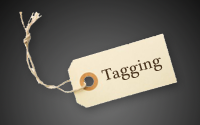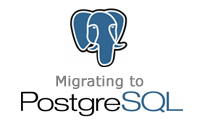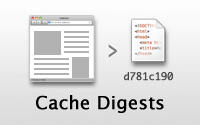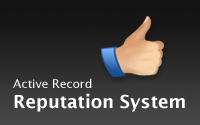Categories
- Active Record
- Active Resource
- Active Support
- Administration
- Ajax
- APIs
- Authentication
- Authorization
- Background Jobs
- Caching
- Code Walkthrough
- Controllers
- Debugging
- Deployment
- eCommerce
- Forms
- Mailing
- Models
- Performance
- Plugins
- Production
- Rack
- Rails 2.0
- Rails 2.1
- Rails 2.2
- Rails 2.3
- Rails 3.0
- Rails 3.1
- Rails 3.2
- Rails 4.0
- Refactoring
- Routing
- Search
- Security
- Testing
- Tools
- Views
Applied Filters:
gem x
A Tour of State Machines
Here I show how three popular state machine gems can be used to clean up a list of boolean/datetime fields. I also show a custom solution which keeps track of the history of events.
(12 minutes)
Upgrading to Rails 4
With the release of Rails 4.0.0.rc1 it's time to try it out and report any bugs. Here I walk you through the steps to upgrade a Rails 3.2 application to Rails 4.
(12 minutes)
Tagging
There are several gems to help implement tags in a Rails app. Here I show you how to integrate acts-as-taggable-on and then show how to do it from scratch.
(11 minutes)
Performance Testing
Learn how to add performance tests that automate benchmark and profile reports. Here I show how to find the bottlenecks to optimize a page. I also show how to compile Ruby with gcdata to get information about memory usage.
(16 minutes)
Fast Tests
A slow test suite can put a damper on test-driven development. In this episode I show a variety of ways to optimize specs including: selective testing, preloading Rails, and testing outside of Rails.
(17 minutes)
Migrating to PostgreSQL
Postgres is a feature-packed relational database that every Rails developer should consider using. Here you will learn how to install it, add it to a new application, and transition from an existing SQLite app using the "taps" gem.
(8 minutes)
AngularJS
AngularJS is an awesome framework for easily creating rich, client-side applications. Its powerful bindings allow you to do a lot with very little code. Here I show how to integrate Angular with a Rails app.
(16 minutes)
Cache Digests
The cache_digests gem (also included in Rails 4) will automatically add a digest to the fragment cache key based on the template. If a template changes the cache will auto-expire. But watch out for the gotchas!
(7 minutes)
Bundler (revised)
Bundler makes it easy to manage Ruby Gem dependencies. Learn how to use it in a Rails application, see what's new in Bundler 1.1, convenient ways to run bundle exec, and how to fix gem compilation issues.
(9 minutes)
Active Record Reputation System
If you need to calculate an average user's rating or sum up a number of votes, consider using the activerecord-reputation-system gem. Here I will cover the basics and also briefly present a from-scratch solution.
(10 minutes)

